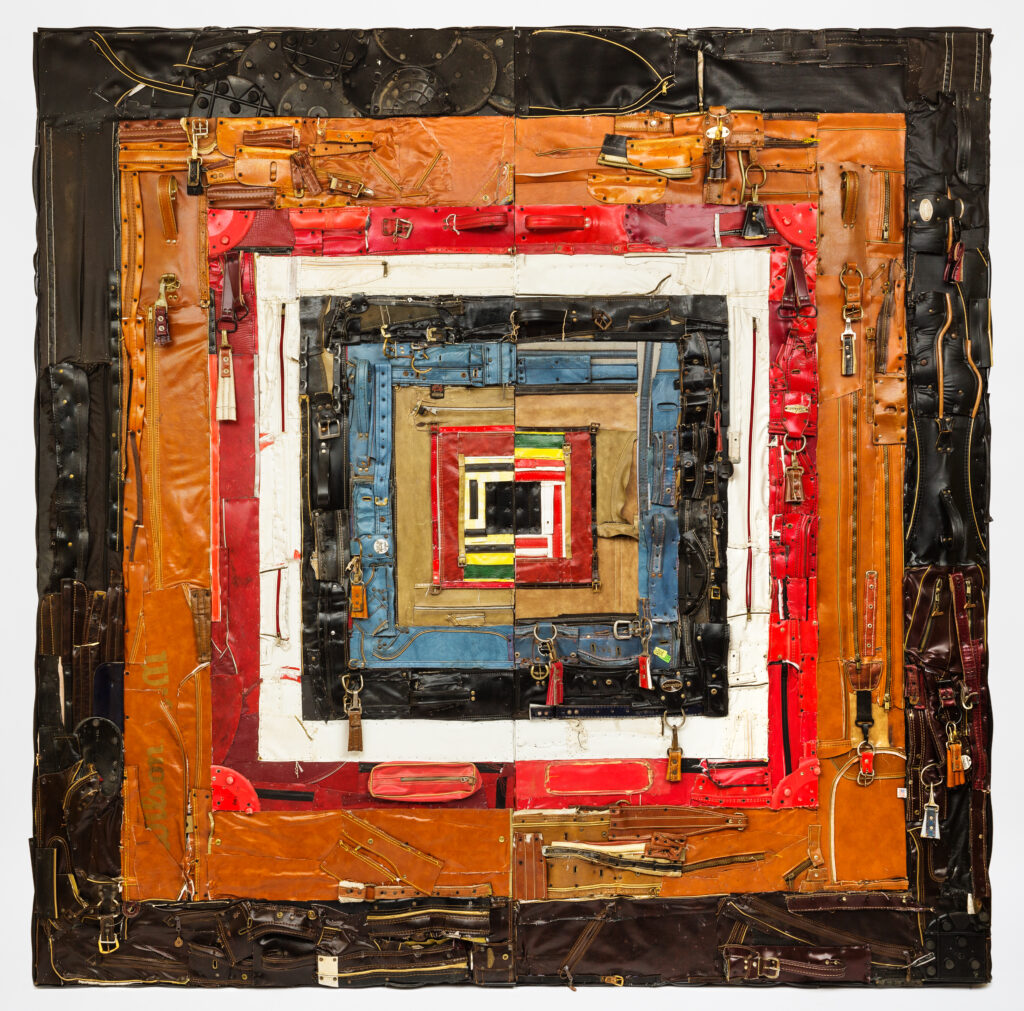I spend most of my days so exhausted it is literally difficult to breathe.
It’s getting hard to turn my head. The tension is so bad I’m just in pain all the time.
Last year at this time I was training for a half-marathon and eating with intention to fuel my body. But I haven’t been able to work out for months. I’ve lost weight, I’ve lost strength, I’ve lost energy.
Even during the rare moments when I can forget about the illness, it’s there in the back of my mind. Shoulders weighed down. Tears forming.
I’m not sick.
But my child is.
My daughter’s disease has always been lurking. But over the past year it has gone from something that is probably there, to something that has taken over our lives. My husband and I wake up in the morning without knowing what the day will bring. Will we be able to get to work? Will she be able to attend school? Will this be one of the days when she ends up in the hospital again?
I’ve heard all about the toll being a caretaker to someone ill can have on a person. (Does it count as being a “caretaker” when it’s your own child? Isn’t that just being Mommy?) But I have also watched communities gather around families in crisis. I’ve seen fundraisers and meal trains organized. In fact, I’ve organized them. So I always assumed that if, God forbid, the time ever came, we could reach out to our community.
But we haven’t.
And the community isn’t to blame. We haven’t reached out. We haven’t told many people that we can’t even keep up with our rent and other bills because of all of the missed work. That my husband actually lost his job because he “just didn’t seem to be available lately.” That I worry every day the same thing will happen to me. That we both lie awake at night wondering what to do. That we do our best to put on a heave face but we can’t hide it from our daughter all the time. That she talks about it at school. That she’s worried that we’re worried.
We haven’t shared how frustrating it is to have her doctors tell us that the cleaner the house is, the healthier she’ll be. But that we don’t have the time or energy to clean or do laundry on a regular basis because of how all-encompassing her disease is. And that the mess sets in as guilt. Which leads to depression.
We haven’t shared the depth of our struggles for the most ridiculous reason.
My daughter’s illness is not a physical one, but a mental one.
And what difference should that make? I mean honestly. And yet.
There have been times- several times- when we’ve publicly shared what is happening with her. And then it is privately suggested to us that we don’t share too much. Maybe people shouldn’t know that about her.
When she returned to school after a long hospitalization, her teachers had told the other students that she just wasn’t feeling well. They suggested we leave it at that.
But she doesn’t want to leave it at that.
My seven-year-old, who can explain the function of the cerebral cortex and its effect on her behavior, who describes her disease as an angry wolf, and who is quite literally the most loving, empathetic person I have ever met, does not feel any shame. She doesn’t know what stigma is. When asked, she tells people, “I get really mad and sad. And sometimes I need help with that.”
So today, I am learning from my daughter.
I am the mother of a kid who sometimes gets sad and mad.
And sometimes I need help with that.
There are days- like today- when it feels like too much. But parents don’t get to give up.
Nevertheless, she persisted — Amiright?
So I stop. And I breathe. And I make lists. What is a “Have to do?” What is a “want to do?”
And I think about the victories we’ve seen. Like her newfound love of learning at her school.
And I let myself enjoy my work.
And if it’s still too much, I ask for help. And that’s okay.

